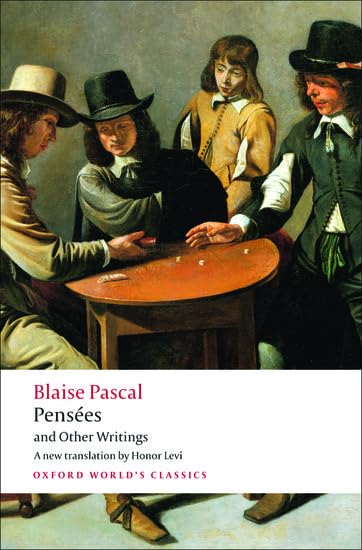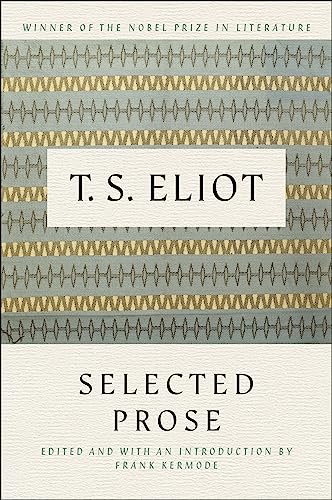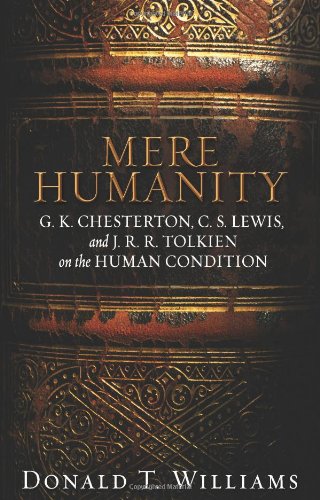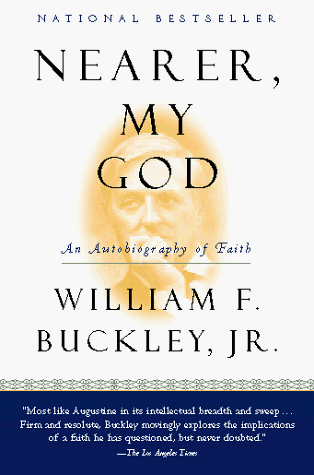Christianity and Literature
Explore the best books in Christianity and literature. Discover inspiring Christian novels, theological works, and spiritual classics for faith-filled reading.

Book
Mere Christianity
by C. S. Lewis
A forceful and accessible discussion of Christian belief that has become one of the most popular introductions to Christianity and one of the most popular of Lewis's books. Uncovers common ground upon which all Christians can stand together.


Book
Miracles
by C. S. Lewis
An impeccable inquiry into the proposition that supernatural events can happen in this world. C. S. Lewis uses his remarkable logic to build a solid argument for the existence of divine intervention.




Book
Complete Poems and Plays
by Thomas Stearns Eliot
For contents and other editions, see Author Catalog.





Book
The Pilgrim's Regress
by C. S. Lewis
The first book written by C. S. Lewis after his conversion, The Pilgrim's Regress is, in a sense, the record of Lewis's own search for meaning and spiritual satisfaction -- a search that eventually led him to Christianity. Here is the story of the pilgrim John and his odyssey to an enchanting island which has created in him an intense longing 7mdash; a mysterious, sweet desire. John's pursuit of this desire takes him through adventures with such people as Mr. Enlightenment, Media Halfways, Mr. Mammon, Mother Kirk, Mr. Sensible, and Mr. Humanist and through such cities as Thrill and Eschropolis as well as the Valley of Humiliation. Though the dragons and giants here are different from those in Bunyan's Pilgrim's Progress, Lewis's allegory performs the same function of enabling the author to say simply and through fantasy what would otherwise have demanded a full-length philosophy of religion.